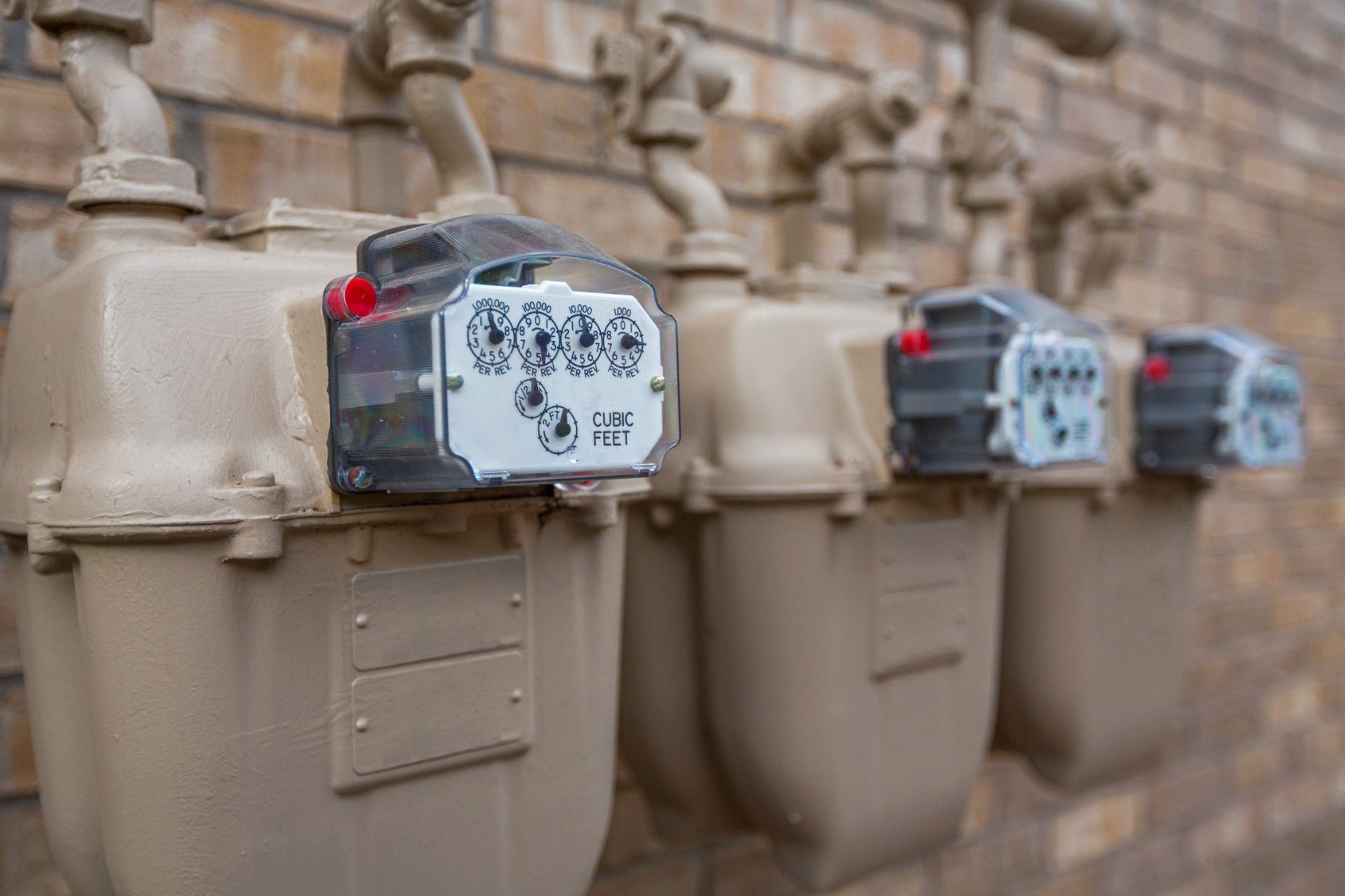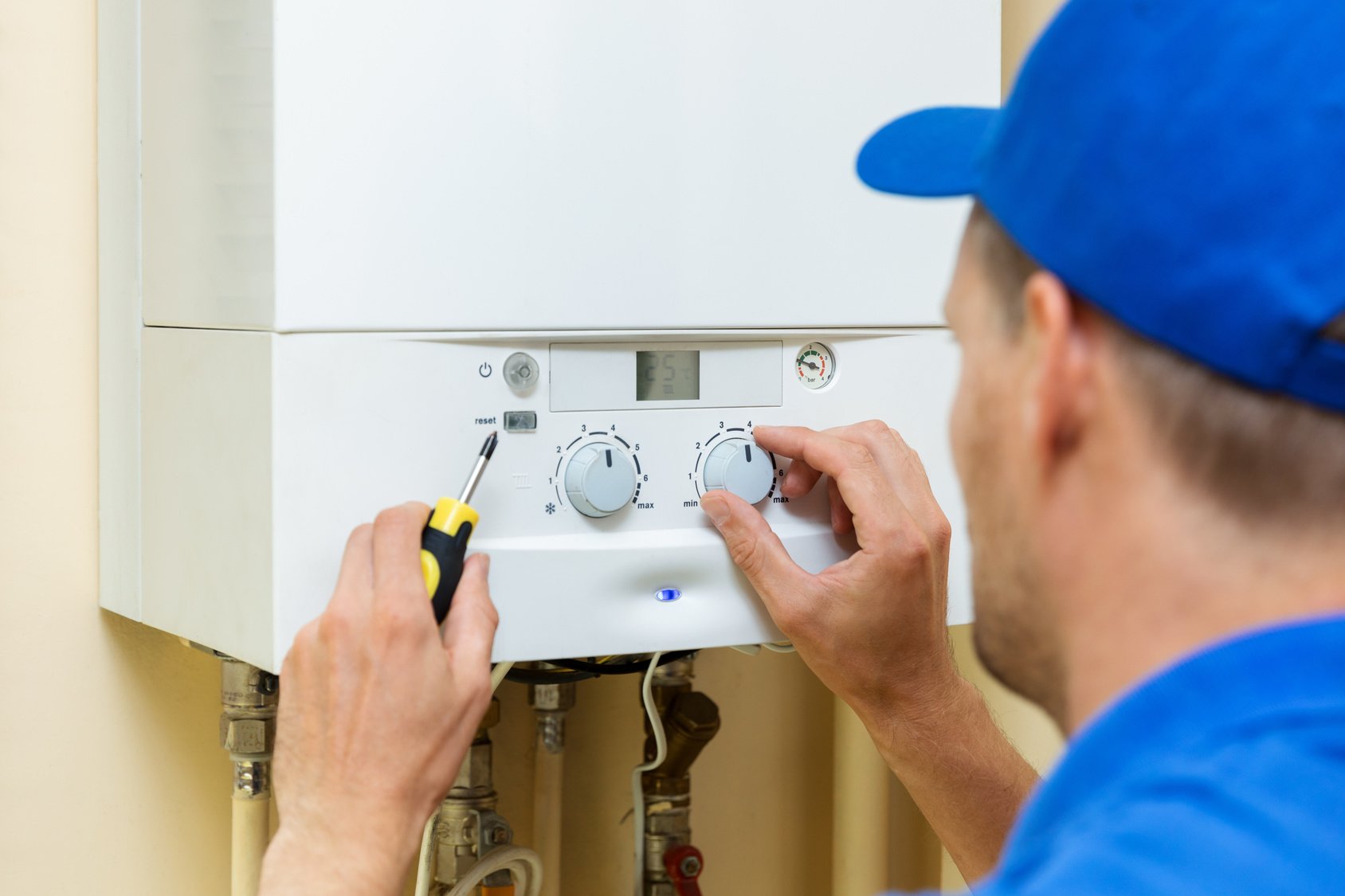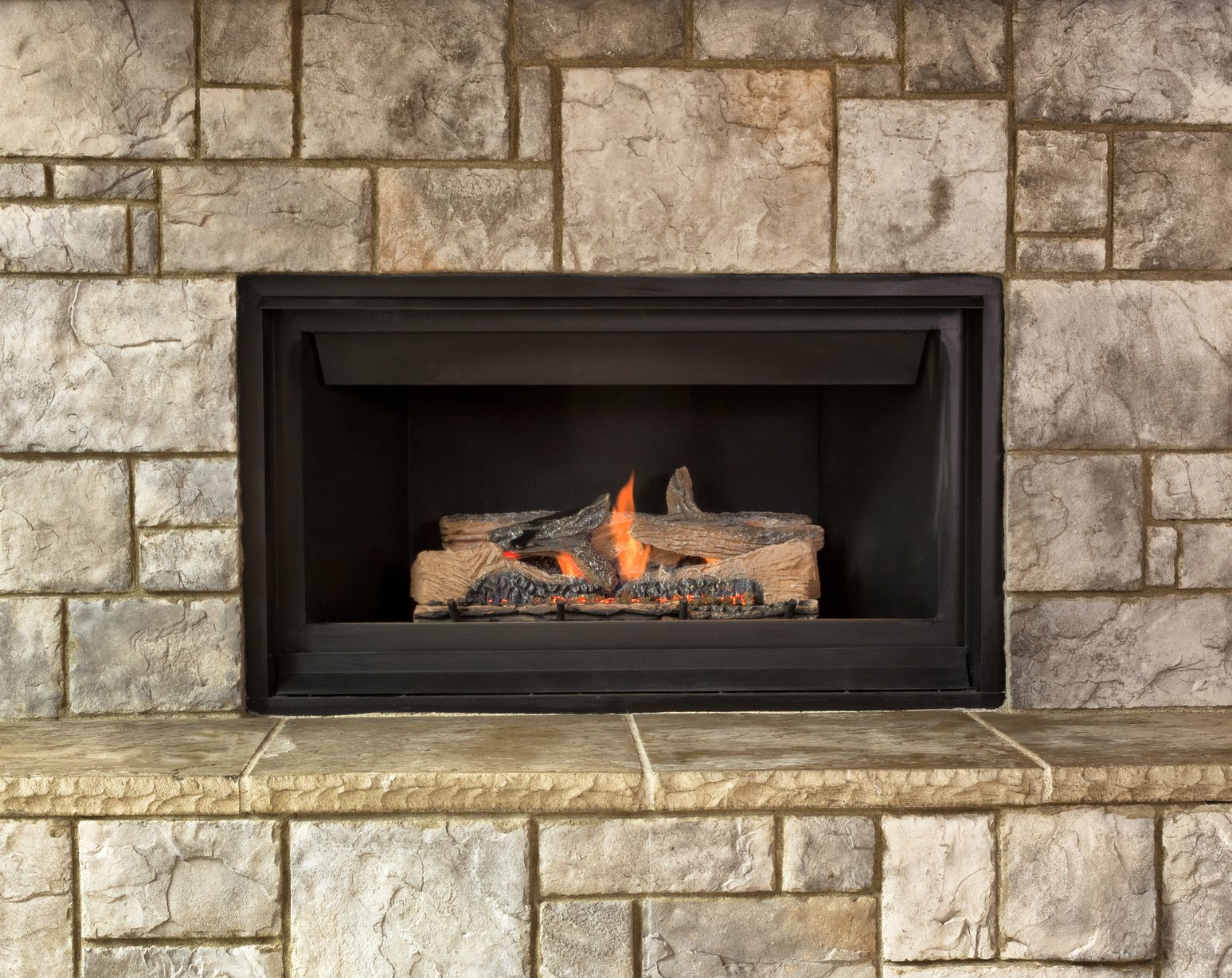
Homebuyers and homeowners across the U.S. have a variety of fuel choices available to them when it comes to heating their homes. While there are plenty of factors to consider when making that choice, being educated about the various fuel types is the best way to ensure the choice they make is the right one. One of the most common fuel types — and one of the most common choices, especially in the Northeast — is natural gas, which has been used in heating since major pipeline infrastructure was constructed starting in the 1920s and booming after WWII.
If you're considering purchasing a home that uses natural gas heating, there are several advantages and disadvantages to be aware of. In this post, we'll explain what homeowners should know about natural gas heating and provide a comparison of the pros and cons of this type of heating fuel.
What to Expect When Heating Your Home with Natural Gas
Natural gas can be transported long distances across the country using thousands of miles of pipelines that make natural gas widely available in the U.S. Thanks to these pipelines, natural gas, which was historically used mainly as a source of light, is now a common fuel source used in heating as well as powering appliances like water heaters, ovens, and cooktops, as well as in manufacturing and processing.
Natural gas is also delivered to homes through pipelines and come into the heating appliance in the home through gas pipes. These pipes are monitored by local utility companies that track gas usage by meter. The utility company will own the infrastructure — that is, the pipes and gas lines — as well as supply the gas to the home. Because gas heat is so dependent on pipe transport, it's important for homeowners to ensure that their system is inspected yearly by the service company for potential leaks and proper flame quality.

When using natural gas heat, you'll need to be aware with the precautions necessary to ensure your family's safety. While natural gas accidents are rare, there are a few risks all homeowners should be aware of. All gas utility companies will disclose similar safety warnings on their websites, which cover the following:
- Natural gas possesses a narrow range of flammability, making accidental combustion unlikely.
- Gas rises and dissipates rapidly into the air, which also makes accidental combustion unlikely.
- While natural gas itself is odorless, utilities will add chemical odorants that make gas leaks easy to identify and smell in most cases (though sometimes, the odorant is weak or not present).
If you do detect or suspect a gas leak in your home, it is incredibly important to leave the house and contact the utility company right away. You should not use the phone in the house or touch electrical appliances that could create accidental sparks, leading to hazardous conditions such as fires or explosions. These events are very rare, but all homeowners should be aware of the proper safety procedures in the event of an accidental leak.
Additionally, homes that use natural gas need a good chimney without leaks where the carbon monoxide (CO) released by burning fuel can escape. This ventilation is essential in order to prevent potential CO poisoning. Every home should be equipped with CO detectors because the toxic gas has no smell and is very harmful to breathe in. In the event that CO is detected, leave the house, get fresh air, and call emergency services immediately.
Advantages and Disadvantages of Natural Gas
There are both advantages and disadvantages to owning a home that uses natural gas heating. To start, the advantages of natural gas are related to reliability and affordability. For one thing, because natural gas is delivered directly by pipe instead of stored in a tank, gas is always there. In the event of power outages, many gas appliances may still work. Additionally, gas heating systems have a long expected service life with proper maintenance.
Natural gas is also an affordable heating option because you'll only pay for the gas that you use, monitored by your gas meter. Additionally, an efficient gas heater tends to be less expensive than electric heat in most cases.

As for disadvantages, you may experience some disruptions in your heating, despite natural gas's overall reliability. Generally, these disruptions are caused by issues such as the utility company shutting down gas lines for maintenance or drops in gas pressure during instances of extreme low temperatures. Additionally, flames may not be strong enough to heat your home to your desired temperature during especially cold temperatures.
As compared to oil heat, you might find that service contractors are slower to respond to appliance issues when you use natural gas. Gas systems often require special parts and components that can only be obtained from the manufacturer, which slows down service speeds. In addition to these disruptions, the safety concerns we discussed above can be seen as a disadvantage by consumers, despite their rarity.
Fortunately, safety devices are available to further protect your home and your family from natural gas risks. These devices typically reset themselves if the heating system goes out and attempts to restart until a successful heat cycle is reached. Most natural gas systems have a manual reset as well. While safety issues with natural gas are unlikely, functions like these combined with an awareness for the warning signs should give homeowners peace of mind while using reliable natural gas heat.


